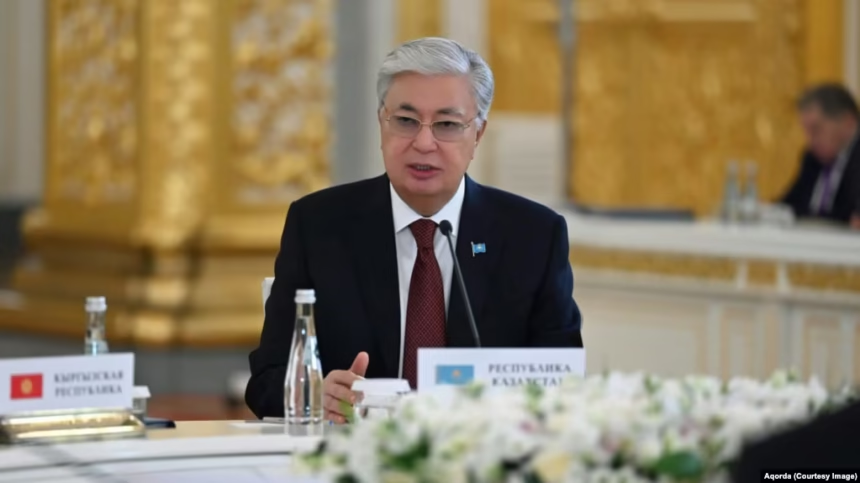U.S. President Donald Trump has clinched more than $12 billion in trade deals with Kazakhstan and Uzbekistan, marking a major step in Washington’s push to deepen economic ties with Central Asia and counter China’s growing influence in the region.
Record Rail Deal With Kazakhstan
Kazakhstan signed a $4.2 billion agreement to purchase 300 U.S. locomotives and other railway equipment from Pennsylvania-based Wabtec Corporation. The U.S. Commerce Department hailed it as the largest rail deal in American history.
“This landmark deal advances U.S. manufacturing jobs and accelerates growth, opportunity, and connectivity in America and Central Asia,” said Commerce Secretary Howard Lutnick at the signing ceremony in New York with Kazakh President Qasym-Zhomart Toqaev.
Uzbekistan’s $8B Boeing Purchase
Meanwhile, Uzbekistan Airlines will purchase 14 Boeing aircraft with an option for eight more, a deal valued at over $8 billion. Trump highlighted the agreement on TruthSocial, saying: “We will continue to work together on many more items!”
The deal was formalized during a ceremony in New York attended by Uzbek President Shavkat Mirziyoev and Boeing representatives.
Strategic Interests In Central Asia
The Trump administration’s outreach reflects its strategic goal of securing critical minerals, including rare earths essential for high technology and defense industries. China currently dominates the global rare earth supply chain, making Central Asia’s resource wealth highly significant.
Toqaev, in New York for the United Nations General Assembly, is also meeting top U.S. corporate executives through a forum organized by the U.S. Chamber of Commerce, which recently sent its largest-ever business delegation to Kazakhstan. Next month, the Chamber will hold its first trade mission to Uzbekistan.
Trump has also stepped up direct engagement with Mirziyoev, sending envoys and holding calls to boost investment ties.
Balancing China And Russia
Experts note that both Kazakhstan and Uzbekistan, rich in oil, gas, uranium, and rare earths, are seeking U.S. investment to balance Chinese and Russian influence in the region. While ExxonMobil and Chevron are already major players in Kazakhstan’s energy sector, American businesses have historically shown caution toward Central Asia.
The administration is now leveraging economic tools like the Export-Import Bank and the Development and Financial Corp (DFC) to support U.S. companies abroad. For example, the Export-Import Bank backed Wabtec’s Kazakh rail deal with a $400 million loan.







